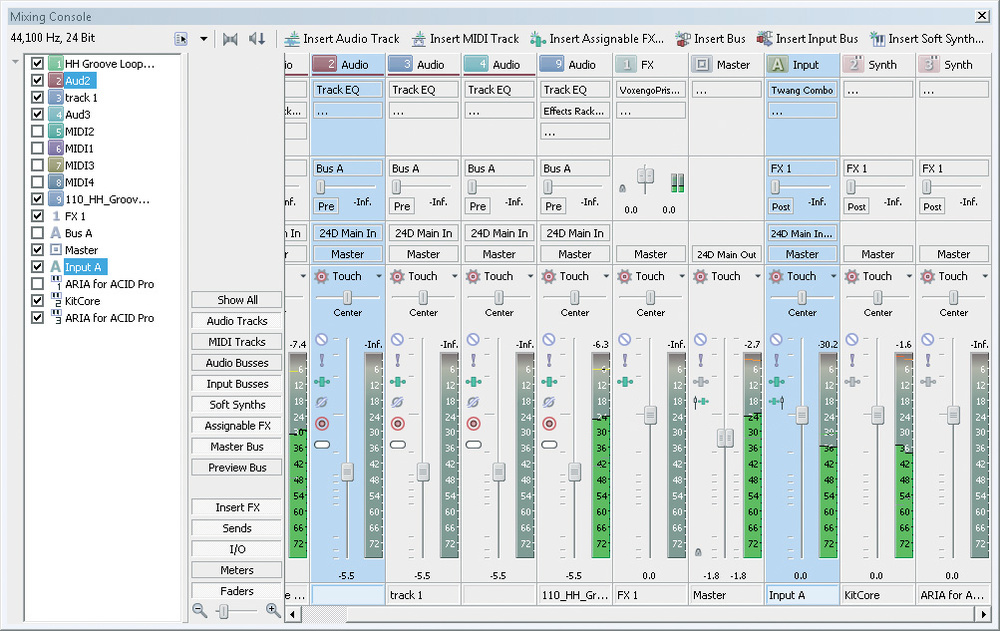

Can you explain what you found when you researched this?Ĭoncerns have been raised about higher linoleic acid consumption being harmful for heart health because of potential pro- inflammatory and thrombogenic properties. Your study also addresses claims that linoleic acid is pro-inflammatory. *For example, for a 2,000 calorie diet that would equal 100-200 calories from linoleic acid.Ĥ. It should be noted that important sources of linoleic acid such as soybean and canola oils and walnuts also contain substantial amounts of alpha-linolenic acid, a plant-based omega-3 fatty acid. A table spoon of soybean or corn oil contains about 7-8 g of linoleic acid, and 7 shelled walnuts provide about 11 g of linoleic acid.

Linoleic acid is the predominant n-6 polyunsaturated fatty acid (PUFA) in the Western diet and we can obtain it from vegetable oils such as sunflower, safflower, soybean, corn, and canola oils as well as nuts and seeds.

Is there a certain amount of linoleic acid consumers should aim to eat each day? What are the best sources?Ĭonsistent with the American Heart Association guidelines, our data continue to support consumption of 5-10% energy intake from linoleic acid* to decrease CHD risk. However, if saturated fat is replaced by polyunsaturated fat, then there is a clear benefit for heart disease prevention.ģ. This is why many epidemiologic studies have failed to observe a significant association between saturated fat and risk of CHD as carbohydrates were typically used as a comparator. If saturated fat is replaced by carbohydrates (typically refined carbohydrates), there will be no benefit on heart disease. The current debate about the role saturated fat misses an important point: the replacement nutrient. Our data provide strong support that substituting vegetable oils rich in polyunsaturated fat for saturated fat is beneficial for the prevention of coronary heart disease. What can readers learn from your research about polyunsaturated versus saturated fats? Lately there’s been a lot of talk about healthy and unhealthy fats, with saturated fat being debated in the media. There is also some evidence that linoleic acid improves insulin sensitivity and blood pressure.Ģ. Randomized clinical trials have shown that replacing saturated fat with linoleic acid reduces total and LDL cholesterol. Instead, linoleic acid itself plays a special role in support of heart health. Replacing either saturated fat or carbohydrate with vegetable oils and seeing significant benefits indicates that reduction in saturated fat or carbohydrate is not the only reason for the beneficial effects of linoleic acid. What’s so special about linoleic acid? And should consumers focus on reducing saturated fat and carbohydrates equally, or should we reduce one more than the other? Your research shows that by reducing the amount of saturated fat and carbohydrates we eat, and replacing those calories with foods rich in linoleic acid – such as vegetable oil, nuts, and seeds – we can reduce our risk of developing coronary heart disease.

We talked to lead author Maryam Farvid, a visiting scientist and Takemi fellow in the Department of Nutrition, about the study to find out more.ġ. Swapping saturated fat and carbohydrates for linoleic acid – the main polyunsaturated fat found in vegetable oil, nuts, and seeds – lowers risk of coronary heart disease, according to a new study by Harvard School of Public Health researchers. Dietary linoleic acid and risk of coronary heart disease


 0 kommentar(er)
0 kommentar(er)
